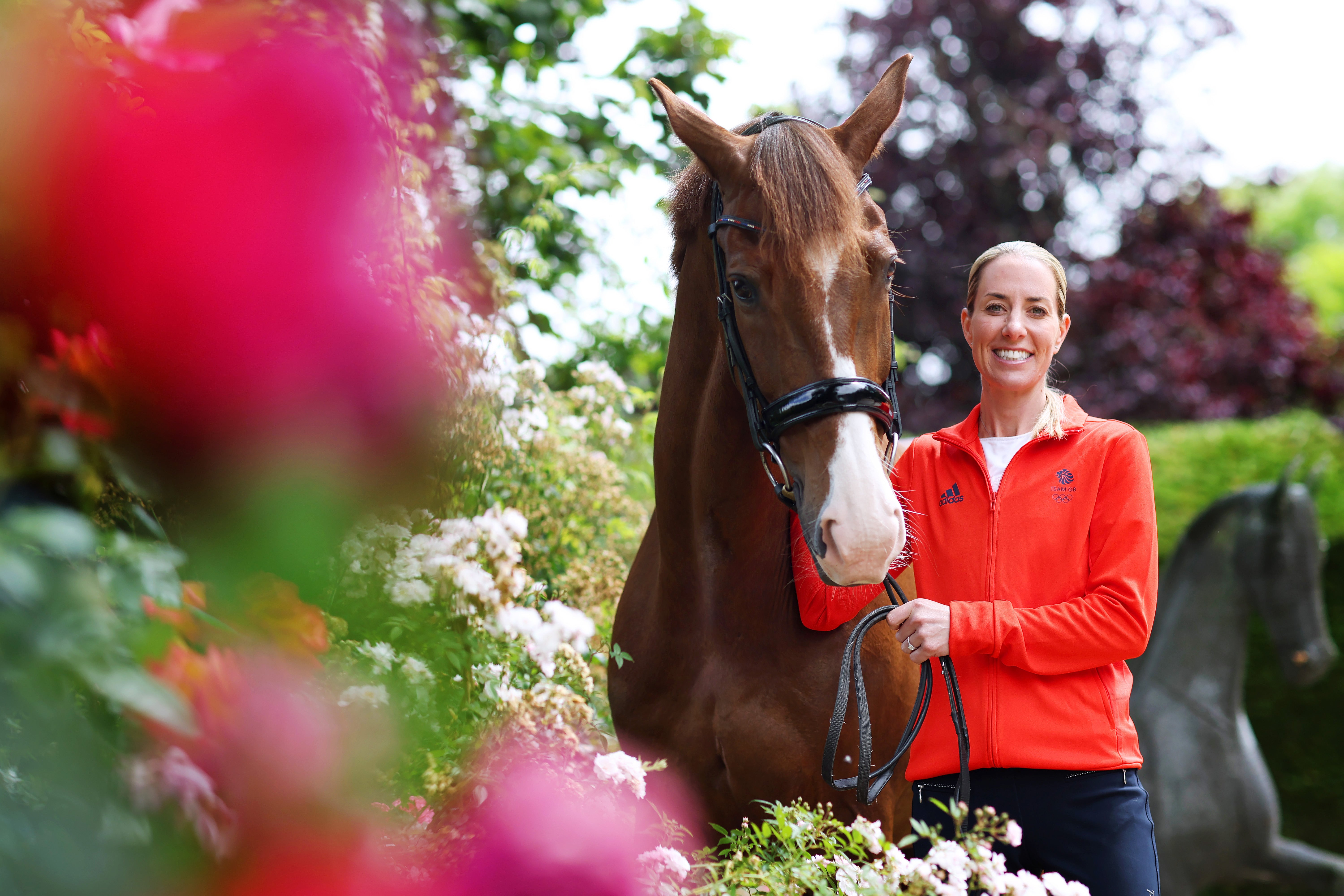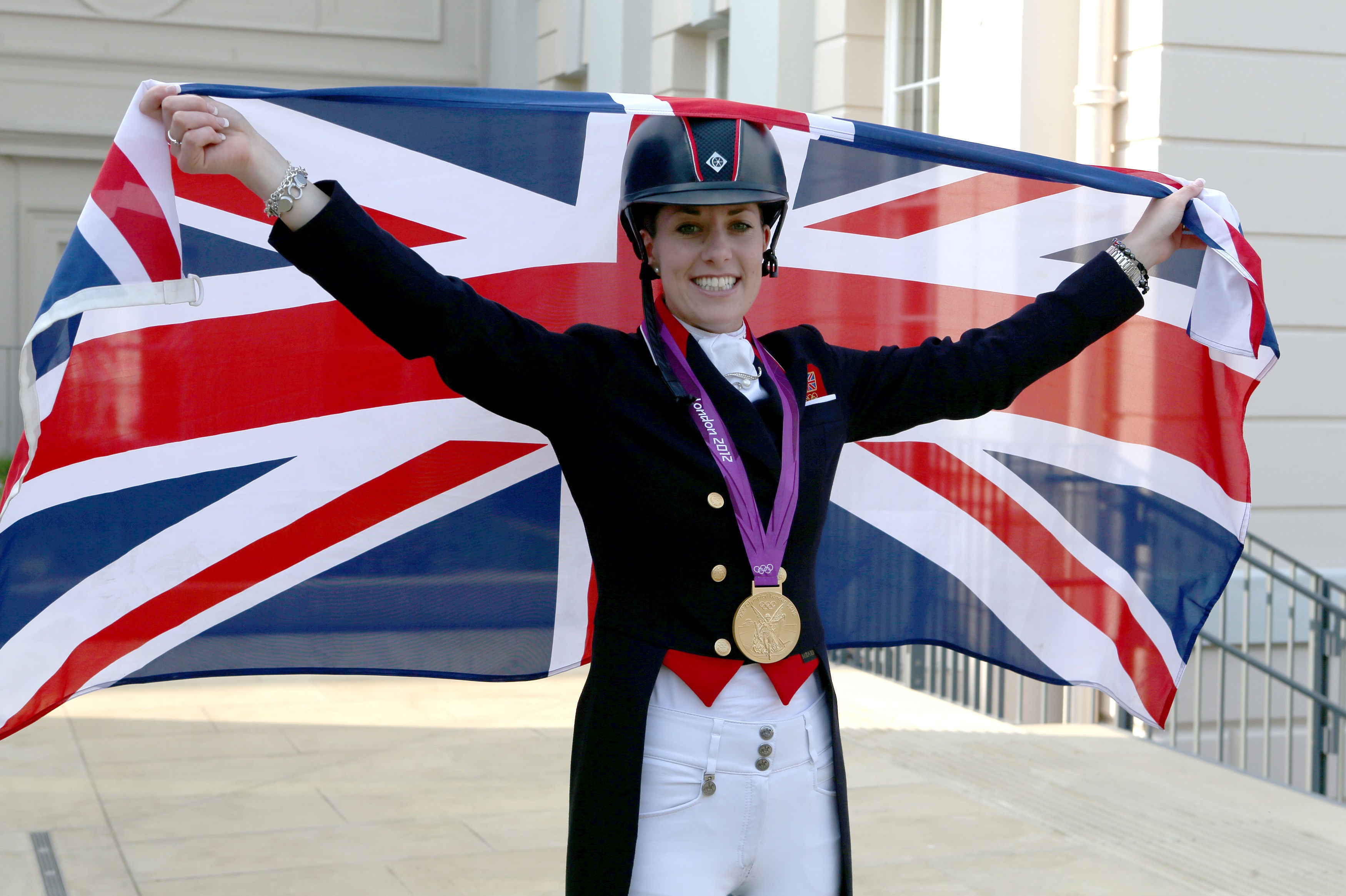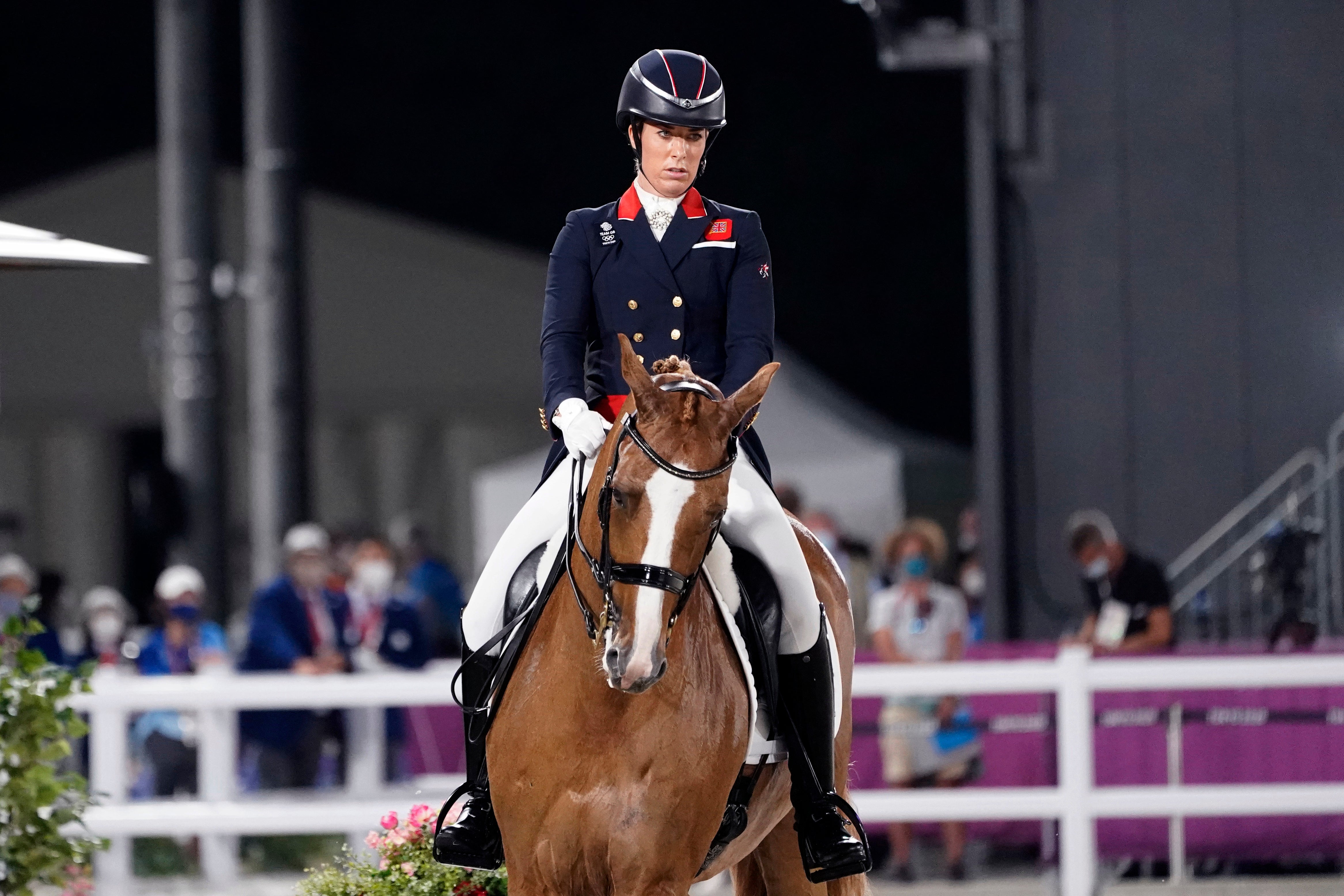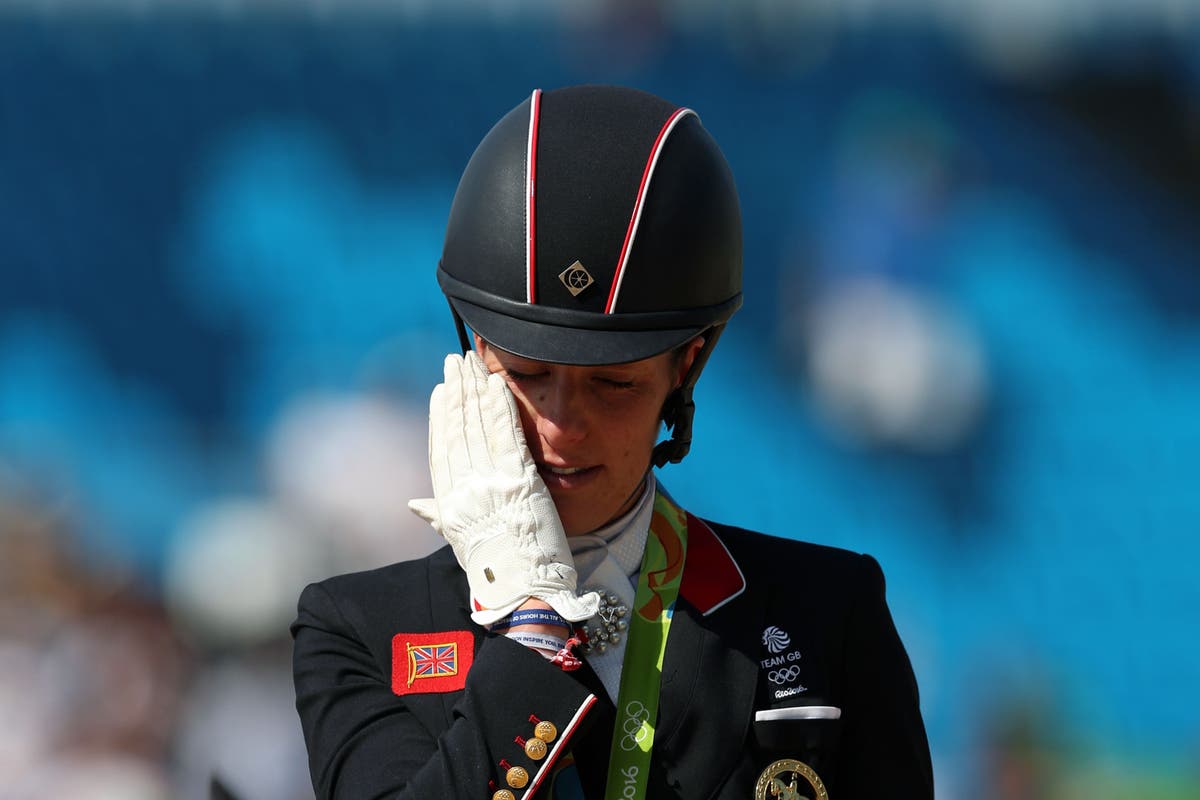There is one North Star at the Olympics, one inalienable truth that guides this movement through uncertain times. Athletes measure success in gold, silver and bronze but the International Olympic Committee is a bit more brutal about the real bottom line.
Without sponsors and broadcasters, the Olympics would be a shell event, which is why the International Federation for Equestrian Sports (FEI) may soon be forced to make some difficult decisions about the future of dressage.
The whistleblowing lawyer who reported Great Britain’s Charlotte Dujardin to the FEI insists the incident is just the tip of the iceberg – and the sport simply cannot afford any more negative headlines.
The four-time Olympic champion admitted she was “deeply ashamed”after Dutch solicitor Stephan Wensing sent a video to the international governing body, which saw Dujardin whipping a horse’s legs during a training session.
The footage showed her using a long whip at least 24 times in one minute during a lesson at her private stable in Gloucestershire.
Dujardin’s Games are over – she withdrew from the team hours before she was handed a six-month provisional ban – which is likely to be increased after the FEI concludes its report.
However, her long-term future remains even more uncertain.
Even more unclear is the future of dressage at the Games – and there is precedent for the sport’s concern, the FEI is already on the watch list, with Olympic organisers highly concerned about reputational damage, especially in their bid to persuade younger audiences to engage.
“What you need to understand is what happened here with Dujardin is not an isolated incident in this sport,” Mr Wensing told The Independent. “This is really the tip of the iceberg and I don’t expect this story to be the last, more riders will be watching this concerned, I have no doubt about that.
“There is a fear culture in dressage and that’s why my client wishes to remain anonymous but things need to change – this isn’t sport, it’s simply animal cruelty.
“It’s unacceptable that dressage as a sport should be accompanied by animal abuse – how could we watch this person (Dujardin) maybe collect another Olympic gold and stay silent? If top-level sport can only be performed in such a way that the welfare of the horse is compromised, then top-level sport should be abolished, it’s that simple. That is the question facing the FEI and the International Olympic Committee now.”

Dujardin was keen to stress the video showed an isolated incident, an “error of judgement” from several years ago. However, the damage she has done to her career and brand is incalculable and the impact on her sport perhaps even greater.
And perhaps there should be no surprise, earlier this year seven-time Olympic dressage champion Isabell Werth wrote to FEI president Ingmar de Vos and FEI secretary general Sabrina Ibanez to express concern about the sport’s future after a string of animal cruelty cases.
“Our sport is in serious danger,” she said. “The current scandals and the bad reputation threaten its existence and could mean the end of dressage as an Olympic discipline.”
Equestrian circles can be famously nepotistic and top dressage horses can cost up to £200,000 – often making the sport the preserve of the wealthy and well-connected, a trend that Dujardin bucked. And with this amount of money comes huge pressure to perform.
Last year, a Danish television channel broadcast an undercover investigation from the riding school of Andreas Helgstrand, a former Olympic dressage bronze medallist. Horses were showing bleeding from their mouths and flanks after training sessions and the rider was banned until 2025.

Earlier this year, graphic videos were released from the stables of American dressage rider Cesar Parra. He was shown repeatedly whipping and even kicking his horses.
It’s more than a decade since the FEI banned the controversial dressage training method known as Rollkur, which involves a rider pulling the horse’s mouth far down with the reins, so that the animal almost bites its own chest.
However, there is a belief that behind closed doors the practice remains. German international Matthias Rath was forced to deny using the Rollkur on his horse Totilas during a training event four years ago, the horse dying later that year.
Equestrianism has high-profile supporters within the Olympic movement, including Anne, Princess Royal – a European champion and Team GB Olympian in eventing. But the sport is acutely aware of the pressure that could be applied if welfare scandals continue.
It’s not cheap to stage and every element of every sport at the Games is ruthlessly scored by the IOC, including press coverage and social media sentiment.

Two years ago, double Olympic eventing champion Mark Todd was forced to apologise after a video posted on TikTok showed him repeatedly striking a horse with a branch.
And in Tokyo, German modern pentathlon coach Kim Raisner was suspended from the Olympics after punching a horse during the show jumping element of the competition.
IOC president Thomas Bach made his feelings known in no uncertain terms that the sport must get its house in order and riding will not be part of the modern pentathlon after Paris, replaced by a Ninja Warrior-style obstacle course.
The FEI may soon come under similar pressure and dressage, which delivers much less commercial revenue than other equestrian disciplines, may pay the price. And Dujardin will share the blame.
Watch every moment of the Olympic Games Paris 2024 live only on discovery+, the streaming home of the Olympics.








